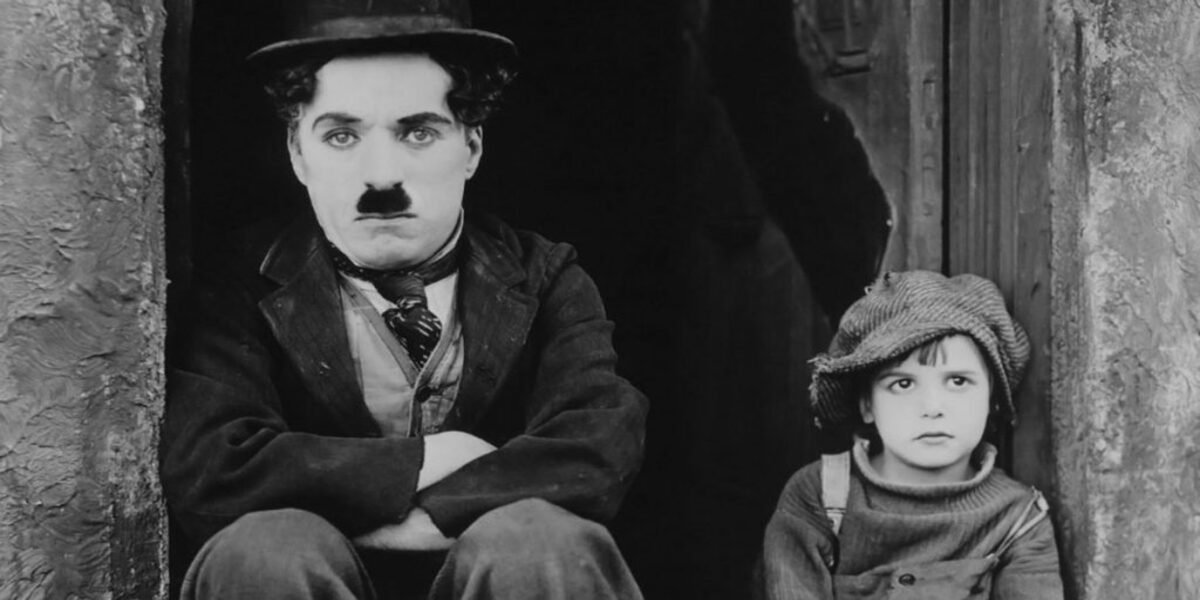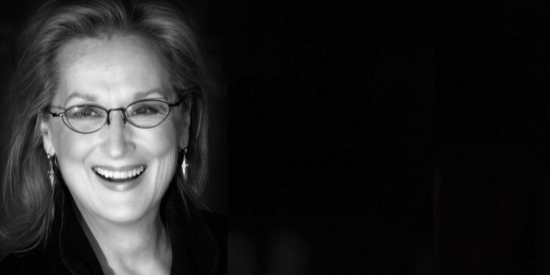Charlie Chaplin, whose full name is Sir Charles Spencer Chaplin, was a legendary British actor, comedian, director and composer. He was born on April 16, 1889 in London, England, and became one of the most influential figures in early cinema. Chaplin's iconic character, "The Tramp", with his bowler hat, cane, and characteristic mustache, became the symbol of the silent film era.
Here are some key points about the life and career of Charlie Chaplin:
1. Youth: Chaplin had a difficult childhood. He was born into a family of artists but lived in poverty and adversity during his childhood. His father was absent and his mother suffered from mental illness, which led to him spending time in workhouses and with different relatives.
2. Vaudeville and theater: Chaplin developed an interest in performing at an early age and began his career as a stage performer in British playhouses and vaudeville shows. He honed his skills as a comedian and mime artist during this period.
3. The silent film era: In 1914, Chaplin made his film debut in the United States with Keystone Studios. He quickly gained popularity with his comedic performances as "The Vagabond" in numerous short films. The character's mix of humor, pathos and social commentary touched the audience.
4. United Artists: Chaplin, along with other major film figures such as Mary Pickford, Douglas Fairbanks and D.W. Griffith, co-founded United Artists in 1919. This independent film distribution company allowed them to have more creative control over their work.
5. Transition to Talking Cinema: Although he rose to fame during the silent film era, Chaplin was initially reluctant to incorporate sound into his films. However, when he finally did, he found great success with films like "City Lights" (1931) and "Modern Times" (1936). Despite the introduction of sound, The Vagabond remained a silent character.
6. Controversies and politics: Chaplin's work often featured social and political themes, which sometimes caused controversy. In the 1940s, he was accused of communist sympathies during the period of McCarthyism in the United States, which ultimately caused him to leave the country.
7. Late career and legacy: Chaplin continued to make films, but his popularity waned over the years. Nonetheless, his contributions to film and comedy have left a lasting legacy. He received numerous awards, including an honorary Oscar in 1972.
8. Personal life: Chaplin was married four times and had several children. He lived in Switzerland during his final years and died on December 25, 1977, at the age of 88.
Charlie Chaplin's work and influence have had a profound impact on the film industry and comedy as an art form, making him one of the most celebrated and recognized figures in cinema history.
To benefit from having good self-esteem, while remaining authentic with the necessary maturity and respect, to finally find the path to self-love with simplicity and humility, thus allowing me to reach fulfilment, knowing how to live my life and finally to experience it.
This text taken from the book “The Day I Loved Myself” / “When I loved myself enough” was written by Kim McMillen, a woman writer from Colorado, and was falsely attributed to Charlie Chaplin for having read it out on his 70th birthday, on April 16, 1959. It must be admitted that without him, this text would not be as well known to this day.
"We must not be afraid to confront each other… Even planets collide and from chaos the stars are born.” Charlie Chaplin
9 values to learn to love yourself
The day I truly loved myself,
I understood that in all circumstances,
I was in the right place, at the right time.
And so, I was able to relax.
Today I know it’s called… Self-Esteem.
The day I truly loved myself,
I was able to perceive that my anxiety and my emotional suffering
were nothing more than a signal,
when I go against my beliefs.
Today I know that it's called… Authenticity.
The day I truly loved myself,
I stopped wanting a different life,
and I began to see that everything that happens to me
contributes to my personal growth.
Today, I know it’s called… Maturity.
The day I truly loved myself,
I started to perceive the abuse
in forcing a situation or a person,
for the sole purpose of getting what I want,
knowing very well that neither the person nor myself
are ready and now is not the time...
Today, I know it’s called… Respect.
The day I truly loved myself,
I began to free myself from everything that was not beneficial,
people, situations, everything that lowered my energy.
In the beginning my reason called it selfishness.
Today, I know it’s called… Self-Love.
The day I truly loved myself,
I stopped being afraid of free time
and I stopped making big plans,
I abandoned the megaprojects of the future.
Today I do what is right, what I like
when I like it and at my own pace.
Today I know it’s called… Simplicity.
The day I truly loved myself,
I stopped trying to always be right,
and I realized all the times I was wrong.
Today, I discovered… Humility.
The day I truly loved myself,
I stopped reliving the past and worrying about the future.
Today, I live in the present, where all life happens.
Today, I live one day at a time.
And it’s called… Fulfulment.
The day I truly loved myself,
I understood that my head could deceive me and disappoint me.
But if I put it at the service of my heart,
it becomes a very valuable ally!
All this is... Knowing how to live.









